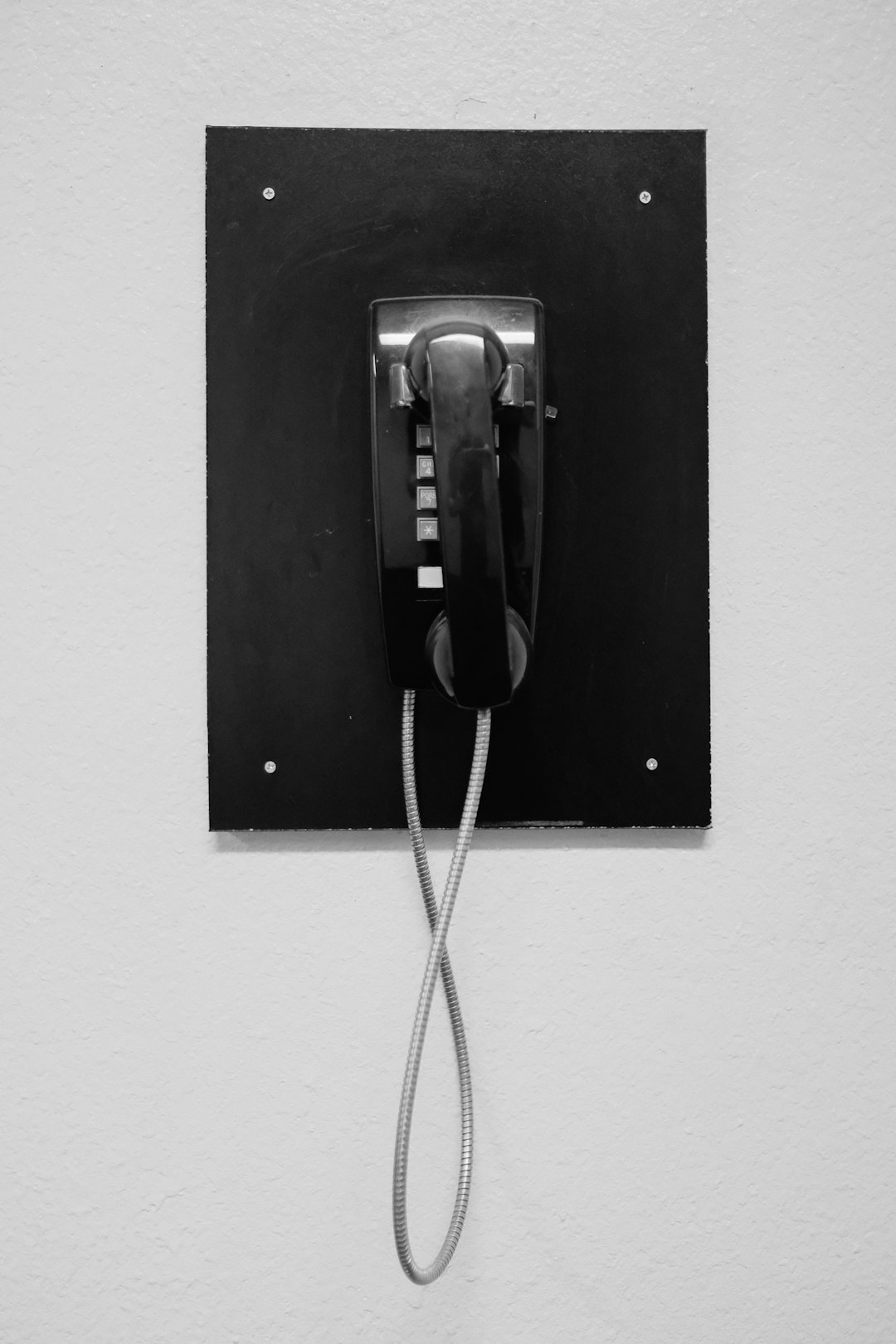Houston's telemarketing laws have evolved to protect residents' privacy in a digital era where do-not-call registries and consumer protection laws are crucial. With automated systems allowing mass communication, there's a growing need for strict controls, especially against unwanted calls from do not call attorneys Houston. Navigating data privacy regulations like the TCPA is vital to curb aggressive marketing tactics and give residents control over their communication channels.
“In the digital age, telemarketing regulations are undergoing a significant evolution, particularly in bustling Houston. As consumer privacy becomes an increasingly pressing concern, understanding these changes is vital for Houstonians to protect their data. This article explores the future of telemarketing laws and their impact on local residents’ privacy rights. We delve into how Houston can navigate these new regulations, ensuring that businesses adhere to ethical standards while consumers retain control over their personal information.”
Evolving Telemarketing Laws: A Houston Perspective

In recent years, telemarketing laws have been undergoing a significant evolution, reflecting the changing digital landscape and consumer expectations. This trend is no different in Houston, where the focus has shifted from traditional do-not-call lists to more robust privacy protections. The Texas Attorney General’s Office plays a crucial role in enforcing these regulations, ensuring that businesses respect Houstonians’ right to privacy.
With the increasing number of phone calls and messages consumers receive daily, there’s a growing demand for stricter controls. The expansion of do-not-call registries and enhanced consumer protection laws means that businesses must be more mindful than ever when reaching out to potential clients. For Houston residents, this translates into fewer unwanted calls from telemarketers, thereby preserving their peace of mind and personal time.
Privacy Rights in the Digital Age: Challenges Ahead

In the digital age, privacy rights face unprecedented challenges, particularly with the evolution of telemarketing practices. As more communication shifts online, including calls, texts, and emails, the line between personal and public information becomes increasingly blurred. Houston residents, like many others across the nation, find themselves navigating a complex web of consumer protection laws and industry regulations.
The rise of automated dialing systems and advanced data analytics has made it easier for businesses to reach consumers en masse, but it also raises concerns about consent and unwanted communication. With just a few clicks, personal contact information can be purchased or shared, leading to an overflow of marketing messages, including those from law firms promoting their services. Houston residents often express frustration with the number of unsolicited calls, especially from do-not-call attorneys, which highlights the need for stronger regulations to safeguard privacy and curb excessive marketing tactics.
Navigating Regulations: Safeguarding Houstonians' Data

In the dynamic landscape of telemarketing, navigating regulations is paramount to safeguard Houstonians’ data privacy. With a rapidly evolving digital world, laws like the Telephone Consumer Protection Act (TCPA) play a crucial role in protecting residents from unwanted calls, specifically those from Do Not Call attorneys Houston. These regulations ensure that businesses adhere to strict guidelines regarding consent, call timing, and consumer opt-out preferences.
For Houstonians, it means greater control over their communication channels. By implementing these safeguards, residents can rest assured that their personal information is respected and protected. As telemarketing practices continue to adapt, staying informed about these regulations is essential for both businesses aiming to comply and consumers seeking peaceful, privacy-focused interactions.






